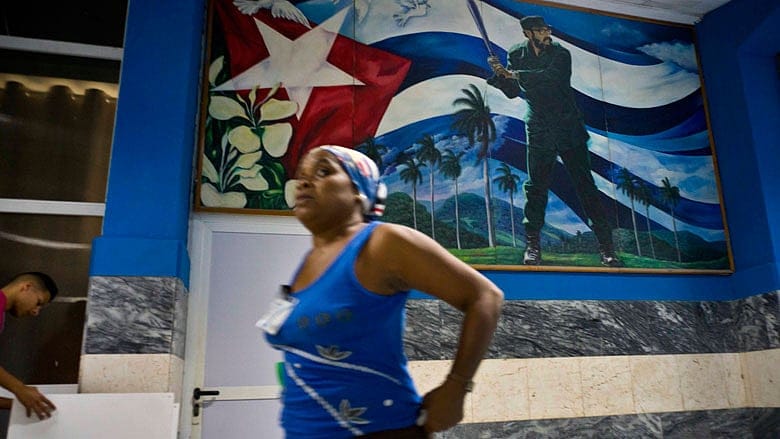Cubans rights groups fear Democratic world legitimizing Castros

(CNSNews.com) – President Obama's outreach to communist-ruled Cuba risks "legitimizing the deeply entrenched Cuban regime," Cuban human rights and opposition groups warned Wednesday, days before Obama is scheduled to become the first sitting president to visit the island nation in almost 90 years.
"We would never imagine that the democratic world would legitimize the Castros," the Forum for Rights and Freedoms and the Resistance Assembly wrote in a letter to Obama.

